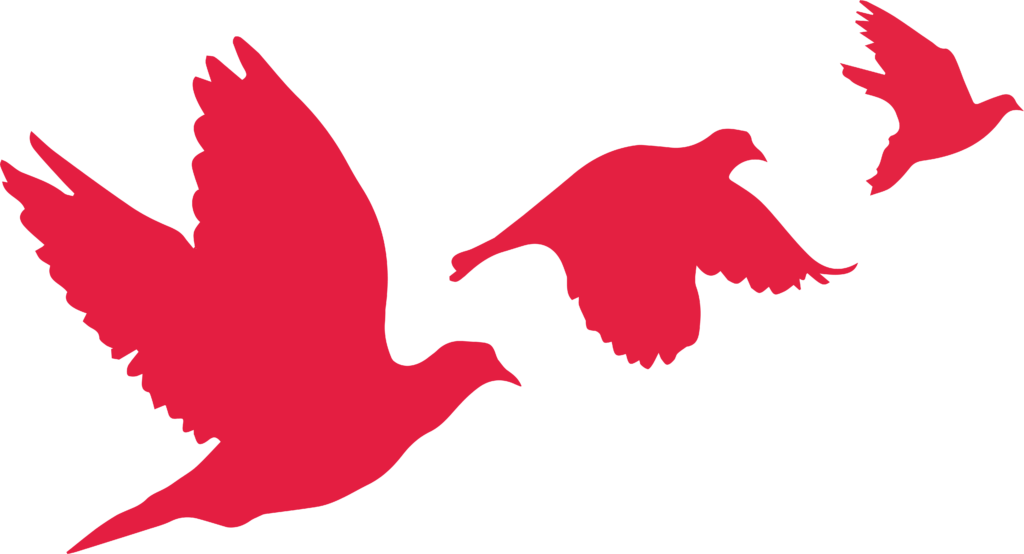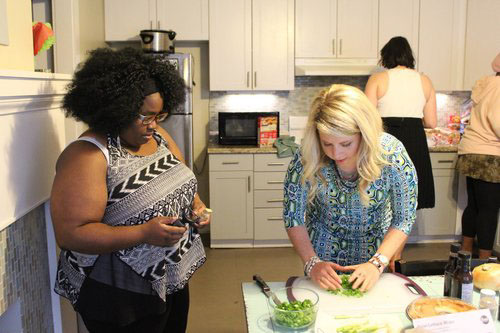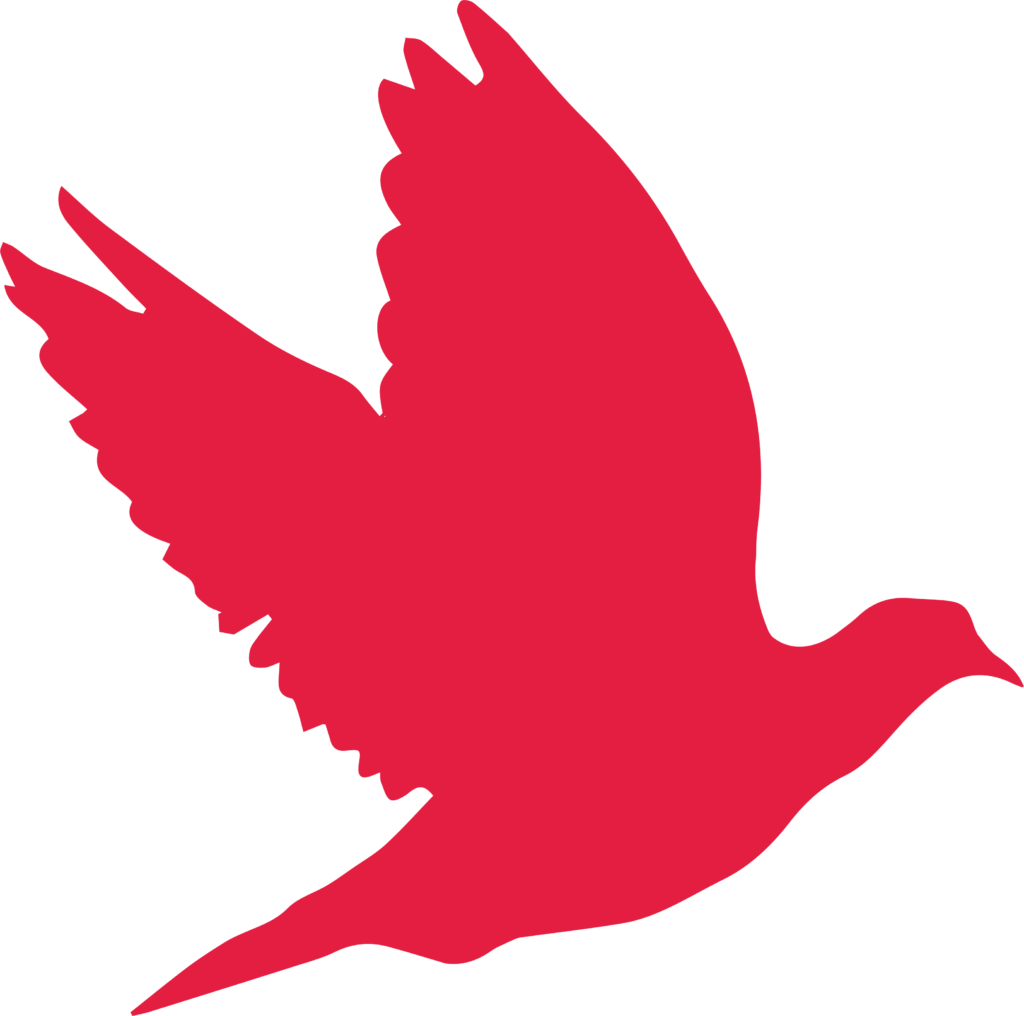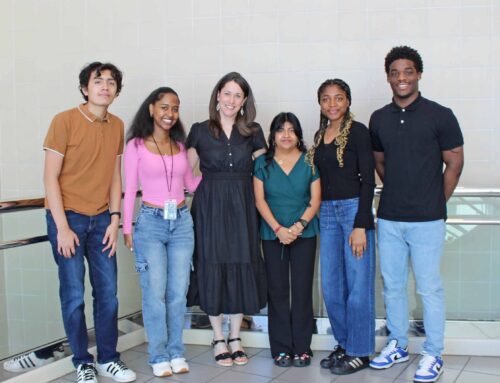
Aged out, alone & unhoused
Dorm rooms and college football games are the destination for many 18-24-year-olds, but about 1,400 Texans in that age range are experiencing homelessness, according to the United States Interagency Council on Homelessness.
Young women who are homeless are at high risk for drug use, alcoholism, chronic homelessness, poverty, domestic violence, unintended pregnancy and sex trafficking, ac-cording to Our Friends Place, a Lake Highlands-based nonprofit focused on helping them.
Our Friends Place began in 1987 because of a gap in services available to women who had aged out of foster care and were not pregnant or mothers.
“The whole reason we opened the Transitional Living Center was because we had a young woman graduate from high school and had no place to go because she didn’t have any family to go to, and at that point, there were no options,” Our Friends Place Executive Director Sue Hesseltine says. “That is such a critical age where you are still making decisions that will affect the rest of your life.”
In the Dallas area, 25% of women age 18-24 fall below the poverty threshold for a single adult. Many are former foster youth, 20% of whom are homeless after 18; only half of them are employed by age 24.
Our Friends Place assists these young women through their Transitional Living Center programs and SOAR to Success prevention programs, which aim to break generational cycles of poverty, homelessness, abuse and neglect through living assistance, education and training.
Because women with a high school diploma earn 64% more than those without one, and as little as $250 in savings can prevent homelessness in young adults, Our Friends Place emphasizes education and financial responsibility.
In two of the residential centers, Beazley House and Pauline’s Place, women have their own bedrooms while sharing a kitchen, bathroom and living room with two roommates in similar situations. Residents can participate in life skills curriculum and intensive case management. Job training, education and employment assistance are also available.
“One of our biggest recent challenges is how much housing costs have gone up, yet minimum wage is still $7.25,” Hesseltine says. “They’re doing any-thing that will help them get closer to making a minimum wage, like college or trade school.”
The center sets up residents for financial stability, and the curriculum focuses on increasing women’s social capital, an often overlooked necessity for advancing their futures according to Hesseltine. Our Friends Place has helped hundreds of women in the 35 years since it was established.
About 20% of the women entering the residential program have been in foster care, and 90% are homeless, according to 2019 numbers. By the end of their stay, 100% of residents had increased their job skills, avoided unintended pregnancies, and were employed at least part-time. Ninety-four percent went on to attend an educational or vocational school, 86% increased their savings, 87% decreased debt, and 33% were able to earn a higher hourly wage.

Life skills are a priority at Beazley House and Pauline’s Place. Photo courtesy of Our Friends Place.
Our Friends Place created the SOAR to Success Program to diminish the number of women in need of homelessness services. The program serves women ages 12-24 with case management and life skills to fight generational cycles of abuse, neglect, poverty and homelessness.
“The biggest thing is that these are incredibly polite and resilient young people. Because if they weren’t, they wouldn’t be surviving, and we should all see them that way,” Hesseltine says. “If somebody reads this and gives that young person a chance, our relationship with that person could make a huge difference.”
The program has partnered in recent years with Alley’s House-Hope Cottage, IDEA High School, Thomas Jefferson High School, North Dallas High School, Mesquite High School, Gladney Center for Adoption, McMillan High School and Shepton High School, as well as workshops at businesses, resource centers and workshops for adult allies that work with at-risk youth and young adults.
Every participant in SOAR Discovery increased at least one skill to prevent homelessness, and has stayed in school, according to 2019 data. The program has served 159 youth across six school campuses and three nonprofit partners.
For women ages 18-45 who don’t need housing but have other needs, the SOAR Taking Flight program aids with case management and life skills training through an eight-session course. Meals, bus passes and financial incentives are provided to decrease barriers to participation. In the program in 2019, 100% of participants increased at least one skill, 73% completed the program, and 25 people were served.
Neighbors can contribute to Our Friends Place and the women they serve by donating money, gift cards or hygiene products, and advocate for a livable minimum wage.
Hesseltine says Our Friends Place will also come to speak to businesses and book clubs.
“The more people that are aware of the issue, the more likely that folks will be noticed and will be given resources,” she says.






